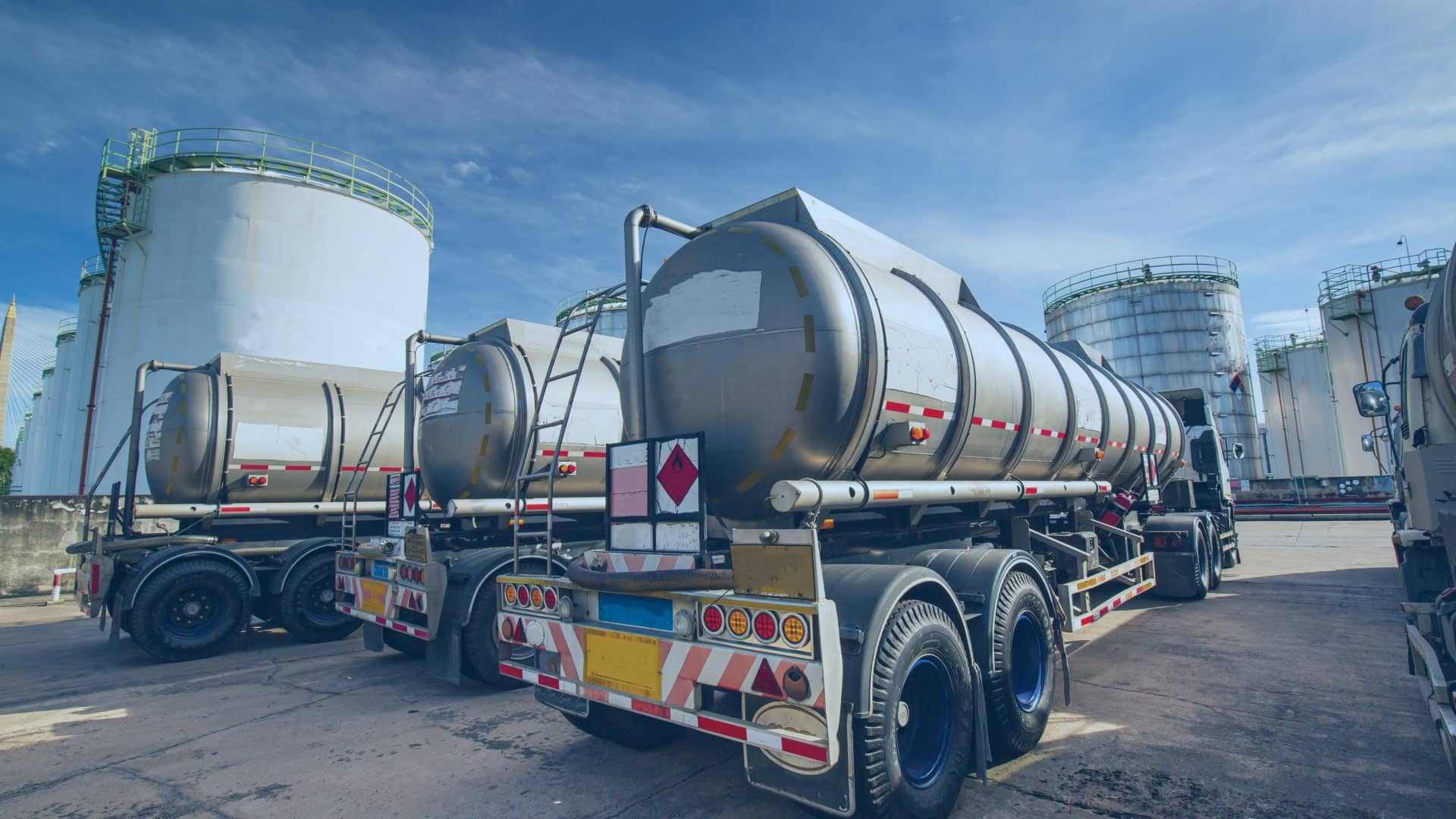Introduction
In today’s fast-paced and efficiency-driven world, managing a fleet of vehicles is a challenging task. Ensuring the optimal use of fuel not only saves costs but also contributes to the effective management of resources. This is where a diesel monitoring system comes into play. By integrating these systems into your fleet management strategy, you can achieve remarkable improvements in fuel utilization, cost savings, and overall operational efficiency.
What is a Diesel Monitoring System?
A diesel monitoring system is a technological solution designed to track and manage the use of diesel fuel within a fleet of vehicles. This system provides real-time data on fuel consumption, fuel levels in tanks, and the efficiency of each vehicle in your fleet. This data is crucial for fleet managers to make informed decisions and optimize fuel usage.
Key Components:
The system typically consists of fuel sensors, data collection units, and software for data analysis and reporting. These components work together to provide a comprehensive view of your fleet’s fuel consumption.
Benefits:
Streamlined Fuel Management
- Accurate Fuel Tracking
A diesel monitoring system offers precise tracking of fuel consumption. This means every drop of diesel used by the fleet is accounted for, leading to a clear understanding of fuel usage patterns. Consequently, this data-driven approach reduces instances of fuel wastage.
- Prevention of Fuel Theft
Fuel theft, whether internal or external, can significantly impact the operational costs of a fleet. With a diesel monitoring system, anomalies in fuel levels are immediately detected, thereby serving as a deterrent to fuel theft and ensuring that losses are kept to a minimum.
Operational Efficiency
- Optimized Vehicle Performance
These systems can provide insights into the performance of each vehicle in the fleet. By analyzing fuel consumption data, fleet managers can identify vehicles that are underperforming and may require maintenance. This proactive approach ensures that all vehicles are running at their optimal efficiency.
- Enhanced Route Planning
Additionally, diesel monitoring systems aid in route optimization. By understanding fuel consumption patterns, fleet managers can plan the most fuel-efficient routes, leading to reduced fuel costs and time savings.
Financial Benefits
- Cost Savings
The most direct benefit of implementing a diesel monitoring system is the reduction in fuel expenses. By eliminating inefficiencies in fuel usage, fleets can significantly cut down on operational costs.
- Budget Forecasting
The system also allows for more accurate budget forecasting. With detailed insights into fuel consumption, fleet managers can predict future fuel needs more accurately, aiding in better financial planning.
Sustainability
- Reduced Environmental Impact
Reducing fuel consumption not only saves costs but also lessens the environmental impact. Lower fuel usage means reduced emissions, contributing to a healthier environment, and aligning with global sustainability goals.
Safety and Compliance
- Adherence to Regulations
In many regions, there are strict regulations regarding emissions and fuel usage. A diesel monitoring system helps ensure that fleets are compliant with these regulations, avoiding potential fines and legal issues.
- Enhanced Safety
By maintaining vehicles in optimal condition and planning efficient routes, these systems indirectly contribute to the safety of fleet operations. Well-maintained vehicles are less likely to encounter breakdowns, and efficient routes reduce the time vehicles spend on the road.
Implementing a Diesel Monitoring System
Choosing the Right System
- Selecting a suitable diesel monitoring system depends on the size of your fleet, the nature of your operations, and your specific management goals.
Installation and Integration
- The installation process involves setting up sensors and data collection units in vehicles. Integration with existing fleet management software is crucial for seamless operation.
Training and Adaptation
- Proper staff training is essential for the effective use of the system. Adaptation to the new data-driven approach may take time, but the long-term benefits are substantial.
Diesel Monitoring System Across Various Industries
Transportation and Logistics
- Real-time Fuel Management
In this sector, the diesel monitoring system plays a pivotal role. It provides real-time data on fuel consumption for each vehicle, which helps in planning the most efficient routes, reducing idle times, and scheduling timely maintenance.
- Improved Delivery Schedules
The system aids in optimizing delivery schedules. By tracking fuel usage and vehicle performance, logistics companies can ensure timely deliveries, enhancing customer satisfaction.
Construction and Heavy Machinery
- Efficiency in Operations
The construction industry benefits greatly from diesel monitoring systems. Heavy machinery, like excavators and bulldozers, consumes significant amounts of diesel. Monitoring systems help in tracking fuel consumption patterns, leading to more efficient usage and scheduling of machinery.
- Cost Control
With the high cost of operating heavy machinery, these systems are crucial in controlling and reducing fuel-related expenses.
Agriculture
- Optimized Field Operations
In agriculture, fuel efficiency is key for operations like plowing, harvesting, and irrigation. Diesel monitoring systems help farmers understand fuel usage patterns, leading to better planning and reduced operational costs.
- Sustainability
Additionally, these systems support sustainable farming practices by reducing unnecessary fuel consumption, thereby lowering the environmental impact.
Marine Industry
- Monitoring in Harsh Conditions
The marine sector utilizes diesel monitoring systems to manage fuel consumption in ships and boats. Given the challenging marine environment, these systems are designed to be robust and reliable.
- Long-Distance Fuel Management
For long-distance voyages, efficient fuel management is crucial. The system allows for careful planning of refueling stops and helps maintain the vessel’s fuel efficiency.
Public Transport
- Urban Efficiency
In urban areas, buses and other public transport vehicles use diesel monitoring systems to manage fuel consumption effectively. This not only reduces operational costs but also contributes to reduced emissions in city environments.
- Data-Driven Route Planning
The systems provide data that can be used to optimize routes and schedules, enhancing the overall efficiency of public transportation networks.
Emergency Services
- Uninterrupted Operations
Vehicles used in emergency services, such as ambulances and fire trucks, incorporate diesel monitoring systems to ensure they are always ready for immediate deployment. Efficient fuel management is crucial in these time-sensitive situations.
- Reliability and Readiness
These systems provide the reliability and readiness required for emergency services, where every second counts.
Conclusion
Diesel monitoring systems are a valuable tool in modern fleet management. They offer significant benefits in terms of cost savings, efficiency, and environmental responsibility. By carefully selecting, installing, and utilizing these systems, fleet managers can transform their operations and achieve remarkable improvements in performance and profitability.



